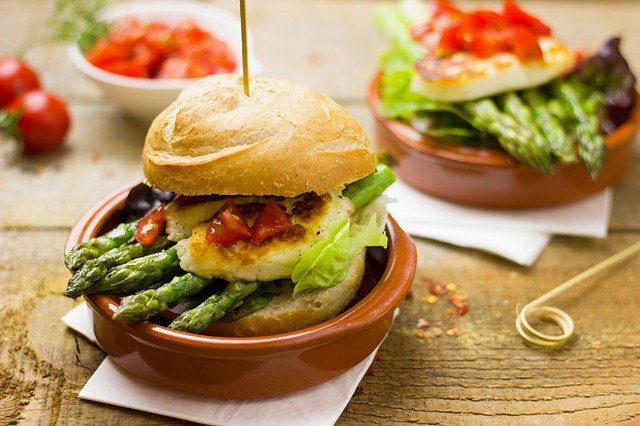There are several misconceptions about clean eating out there. You may have stumbled upon some myths about clean eating that simply aren’t true. Today we are clarifying the rules to live by if you want to follow a clean eating diet.
Cutting back on your sugar intake is the number one priority while clean eating. Many Americans intake too much sugar every day, which can lead to health complications. Unfortunately, Obesity and high blood pressure are 2 of those complications that can become very serious. However, experts say that added sugars in things like ketchup and pasta sauce aren’t as big a deal as sugary drinks and desserts. We know that raw honey and agave contain natural sugars, but try to limit how much of these ingredients are in your diet as they are also considered to be added sugars.
Eating your vegetables is something that we can’t stress enough. We should all eat 2 ½ cups of vegetables a day, but it most often isn’t the case since we live in an imperfect world. However, vegetables contain things like fiber, vitamins, minerals, and antioxidants. People who have diets rich in vegetables have been known to have a lower risk of heart disease and type 2 diabetes. Salads, mixed vegetable sides, vegetable soups, and even salsa are options that can help you obtain your daily dose of vegetables.
Another thing that is highly recommended in a clean eating diet is whole grains. These contain fiber, minerals, and B vitamins, all linked to a lowered risk of heart disease and type 2 diabetes. Barley and quinoa are the least processed whole grains you can buy, but the next best thing is whole-grain flour for bread and pasta. Stay away from white rice and white all-purpose flour as much as possible. The nutrients are mostly stripped away in these processed grains.
When buying canned or packaged food, read the labels. What you want to see is a relatively short list of ingredients. These ingredients should also be easily recognizable to you. Ideally, the first three ingredients should not be sugar or any variation of the term either. You don’t have to be overly mistrustful about these details when you are grocery shopping, but be aware that it is something to look out for. It won’t ruin your diet to eat your favorite chips every once in a while, either. Just don’t make it a bad habit.
Now, taking a look at the common misconceptions or clean eating myths. One of them says you have to avoid all processed foods. This is not a true statement. Foods like fruits and vegetables that have been flash frozen are still good for you, even though they are technically “processed.” Don’t feel like you always have to buy organic fresh fruits and vegetables because that can quickly drive up your grocery costs. Most everything in the store has been processed in some form; don’t go for overly processed foods. These can include sugary cereals, packaged snack crackers, and frozen microwavable meals.
Detoxing can be helpful, but it is not necessary to do in a clean eating diet. Eating foods such as whole grains, fruits, and vegetables will help clean your GI tract just as well as a total cleanse. Your body is built to take the nutrients it needs and get rid of the rest, so let your body do its thing. You can elect to take a break from gluten, dairy, corn, and soy at times. However, if you aren’t allergic to these things, it is not recommended to cut them entirely out of your diet as it may cause gaps in your overall nutrition. Please, have your doctor as a part of any lifestyle changes as your doctor could follow your health and make sure you are making the best choices.
Conventionally grown food is not bad for you. Organic food that is grown uses fewer pesticides but provides fewer yields in harvesting. Just because you buy something organic, it doesn’t mean you will be guaranteed to get more nutritional benefits from the food. Stick to produce if you decide to buy organic, but don’t worry about it if that is too expensive. Conventionally grown produce is still good because raw fruits and vegetables have lots of essential vitamins and minerals.
You don’t have to stay with a strict diet. It is okay to splurge, just don’t call something dirty or off-limits. If you decide to take a break from clean eating for a meal, it is not the end of the world. As humans, we have a relationship with food, and food can help us feel good. Food shouldn’t be eaten in excess until we become obese, just like everything else, we need to find a balance. Food is fuel, but it can also bring people together. We should all eat foods that make us feel good and keep us healthy and happy. A little bit of indulgence is totally fine as long as that food doesn’t turn into an addiction.
We hope you educate yourself a little bit more about clean eating concepts. These tips will help you stay healthy and let you live a little when it comes to food.


